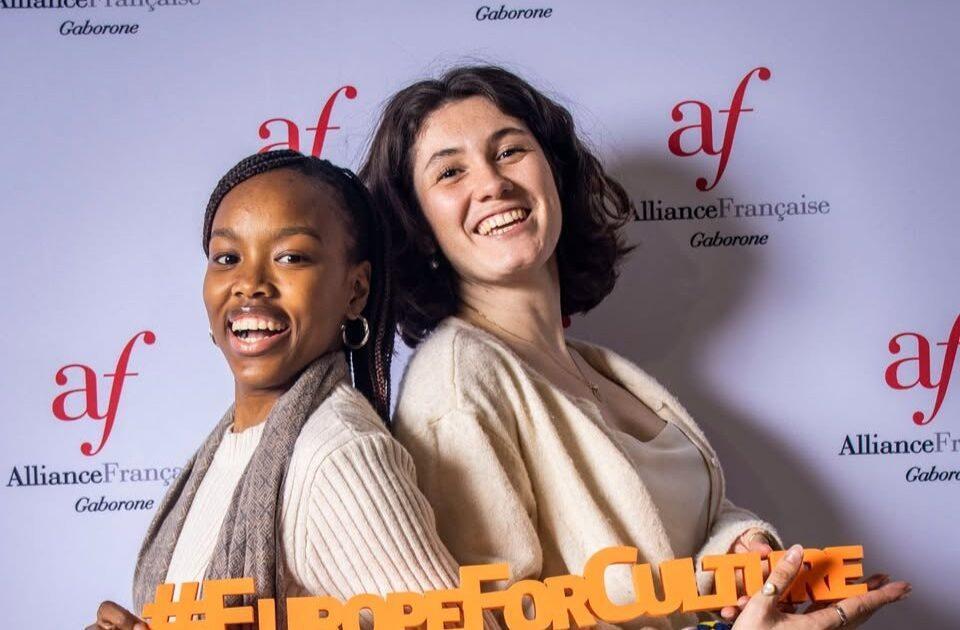Africa-Press – Botswana. With a lineup spanning historical thrillers, animated adventures and local voices, the festival proved once again that cinema is not just entertainment but a mirror, a bridge and a call to imagine better futures.
From the opening night to the final screening, this year’s European Film Festival was a triumph of cultural exchange and cinematic artistry.
As the Ambassador of the European Union to Botswana, Petra Pereyra, declared in her opening address, the festival was “more than just a celebration of cinema” — it was an invitation to explore the universality of the human experience.
“Cinema is a bridge, a window into diverse worlds and an invitation to experience lives beyond our own,” Pereyra said, setting the tone for a week of immersive storytelling and global connection.
From Czech resistance to Ukrainian realities
The festival opened with Waves, the Czech Republic’s entry to the 2024 Oscars — a chilling, historical thriller rooted in courage, journalism and the power of truth. Audiences were transported to a volatile time in Cold War Europe where a group of radio broadcasters risked everything to resist censorship and military suppression.
The week closed with Intercepted, a Ukrainian film that laid bare the human cost of war. Poignant, raw and intimate, it reminded audiences of cinema’s ability to not only entertain but educate, disturb and mobilise.
Identity, belonging and courage
One of the most talked-about screenings was Norwegian Dream, a delicate portrayal of queer love and the search for identity in a migrant’s world. This powerful Polish-Norwegian drama struck chords that resonated far beyond Europe.
The post-screening panel, hosted by LEGABIBO and human rights advocate Nozizwe Ntesang, sparked deep conversations around migration, queerness and justice in both Botswana and the world at large.
Meanwhile, The Count of Monte Cristo brought literary grandeur to the screen in a lush French adaptation of Alexandre Dumas’ timeless tale of revenge and redemption.
Spotlight on Botswana
And for families and young audiences, Flow, the Oscar-winning Latvian animation, and Once Upon a Time in a Forest, a youth-driven Finnish environmental documentary, offered delight, wonder and timely activism.
But what truly distinguished this year’s festival was its local dimension, as emphasized by the Director of Alliance Française, Angélique Saverino.
“By giving young people access to cinema as a space for reflection, emotion and dialogue, we invest not only in the future of Botswana’s film industry but also in the imagination of its youth,” she said.
Through a dedicated Botswana Short Film Session, emerging directors had a chance to shine. With bold, powerful storytelling, their films explored everything from cultural identity and gender politics to everyday struggles in modern Botswana.
Dialogue beyond the screen
These screenings were followed by a riveting panel led by filmmaker and educator Moratiwa Molema, where directors unpacked their creative process and shared the realities of filmmaking on home soil.
The European Film Festival also acted as a launchpad for industry opportunities, with the Alliance Française helping to connect creatives to international platforms like Creation Africa and Durban FilmMart, fostering long-term growth for the local creative economy.
For More News And Analysis About Botswana Follow Africa-Press






